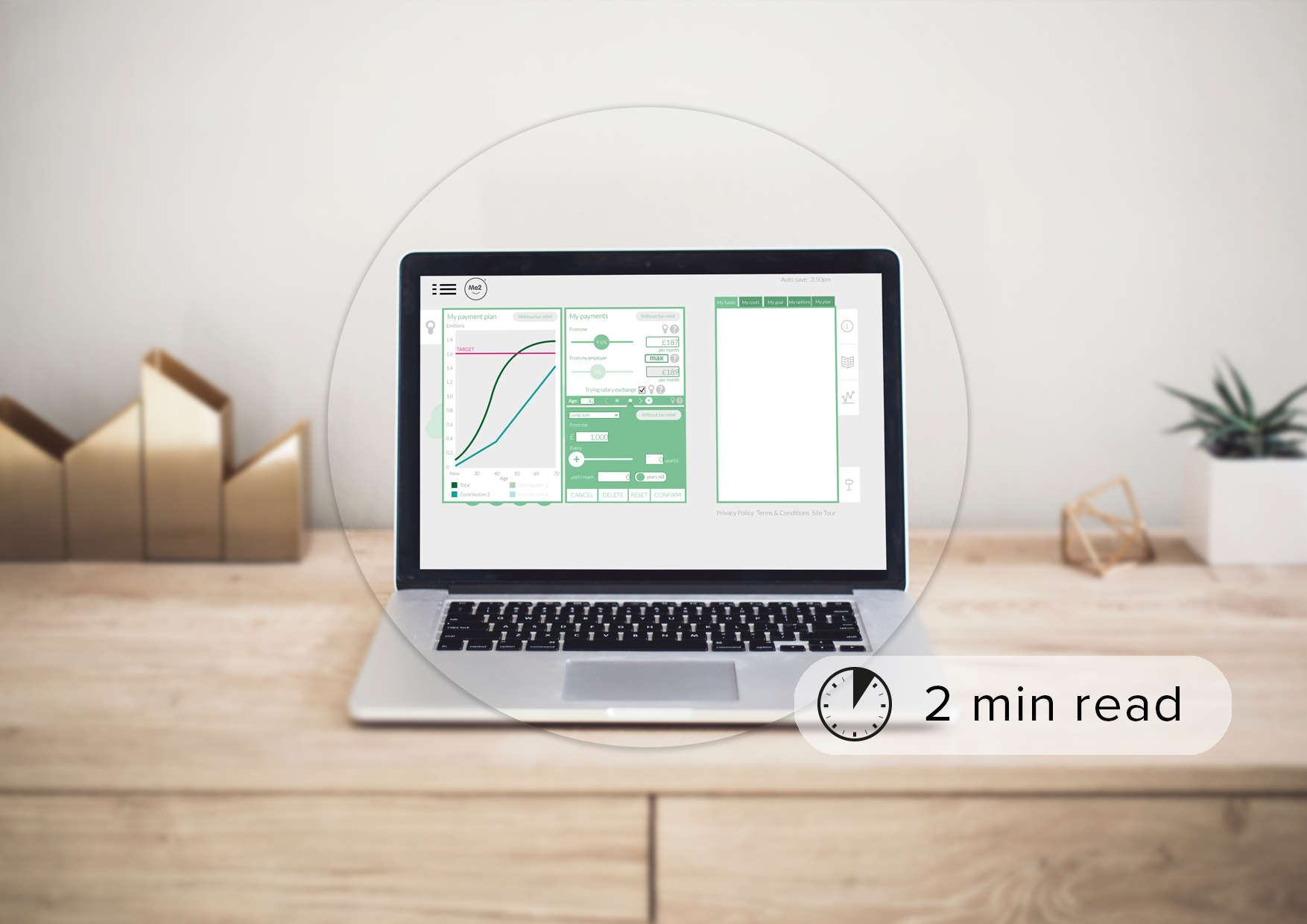Sweet ways to cut down on sugar
We all know that eating large quantities of sugar is bad for our health, but it can often seem daunting to try and reduce the amount of sugar we consume on a daily basis. It’s Sugar Awareness Week, so we’re looking at how to spot those secret sugars and take action to make sure we aren’t overindulging a sweet tooth!
Anything with less than 5g of sugar per 100g is considered low in sugar and anything over 22.5g per 100g is considered high.
How much is too much?
NHS guidelines tell us we should limit the amount of added sugars we eat (known as ‘free sugars’) to 30g a day. This is around about 7 sugar cubes for those of us aged 11 or over, which might seem like quite a lot, but it’s surprising how quickly these can add up. So, how can you limit the amount of free sugars you consume? Read on for some tips on small, easy changes you can make that can have a big impact on the amount of sugar in your diet.
Be label aware
Before you put that snack in your shopping basket, take a look at the nutritional label. Anything with less than 5g of sugar per 100g is considered low in sugar and anything over 22.5g per 100g is considered high. There are lots of different names for sugar and they can appear cunningly disguised on the nutritional label, with sucrose and fructose among the most common – but there are many more! It’s worth trying to learn the names and also worth remembering that just because a food appears to be a healthy option, it doesn’t necessarily mean it is. Foods such as sushi or readymade pasta sauces can contain a surprising amount of hidden sugar.
Swap fizzy drinks
Instead of reaching for a sugary, fizzy drink, try making your own. To sparkling water, add tasty natural ingredients such as cucumber, mint, berries and slices of citrus fruits such as orange, lime or lemon. The possibilities are endless and you can enjoy eating the fruit once you’ve finished your drink!
Bring your own lunch
Pre-packaged salads and sandwiches can hide a large amount of sugar. Make your own lunch to help avoid hidden sugars, and make an informed choice about what you are eating at the same time!
Snacks
Snacking can often ramp up your free sugar intake. Make the swap from snacks such as cereal bars, cakes and biscuits to fruit, rice cakes, hummus and veg sticks and homemade popcorn. Swap sugary fruit yogurts for plain, natural or Greek yogurt and add your own fruit.
Get the tools you need
If this all seems a bit like hard work, there are plenty of useful apps and websites you can use. Check out Action on Sugar and the NHS change4Life websites for lots of great tips. Both Action on Sugar and Change4Life have apps you can download to your phone to help you make sugar swaps when you are out and about.
By making simple swaps, you can reduce your sugar intake and make easy, positive changes to your health. How are you going to reduce your sugar intake during Sugar Awareness Week? Let us know in the comments below!












